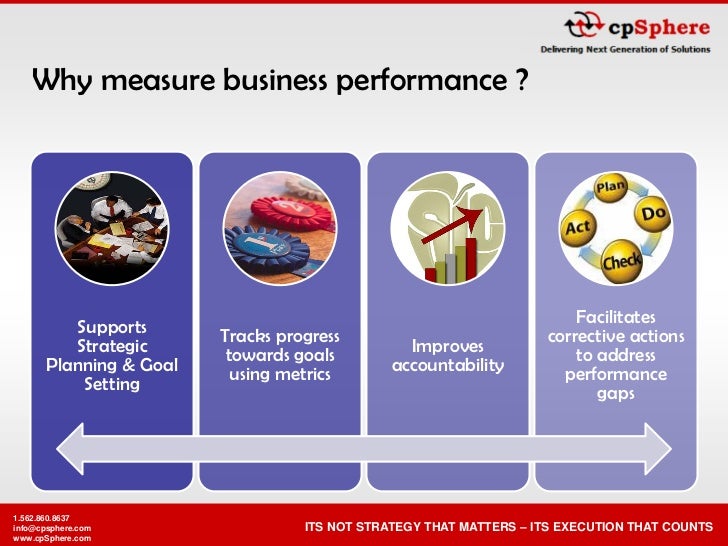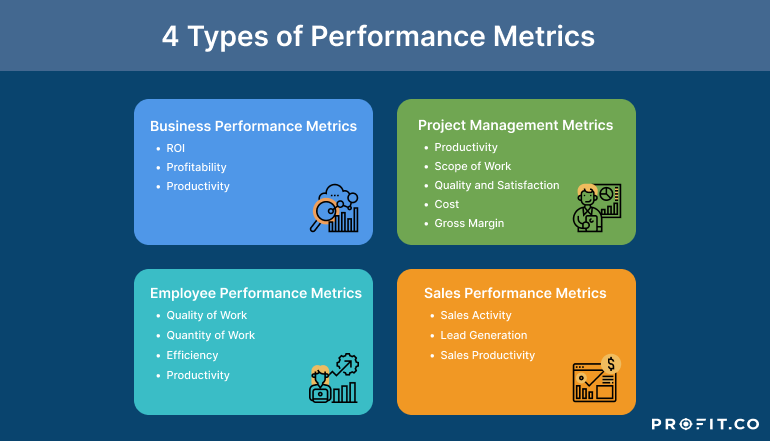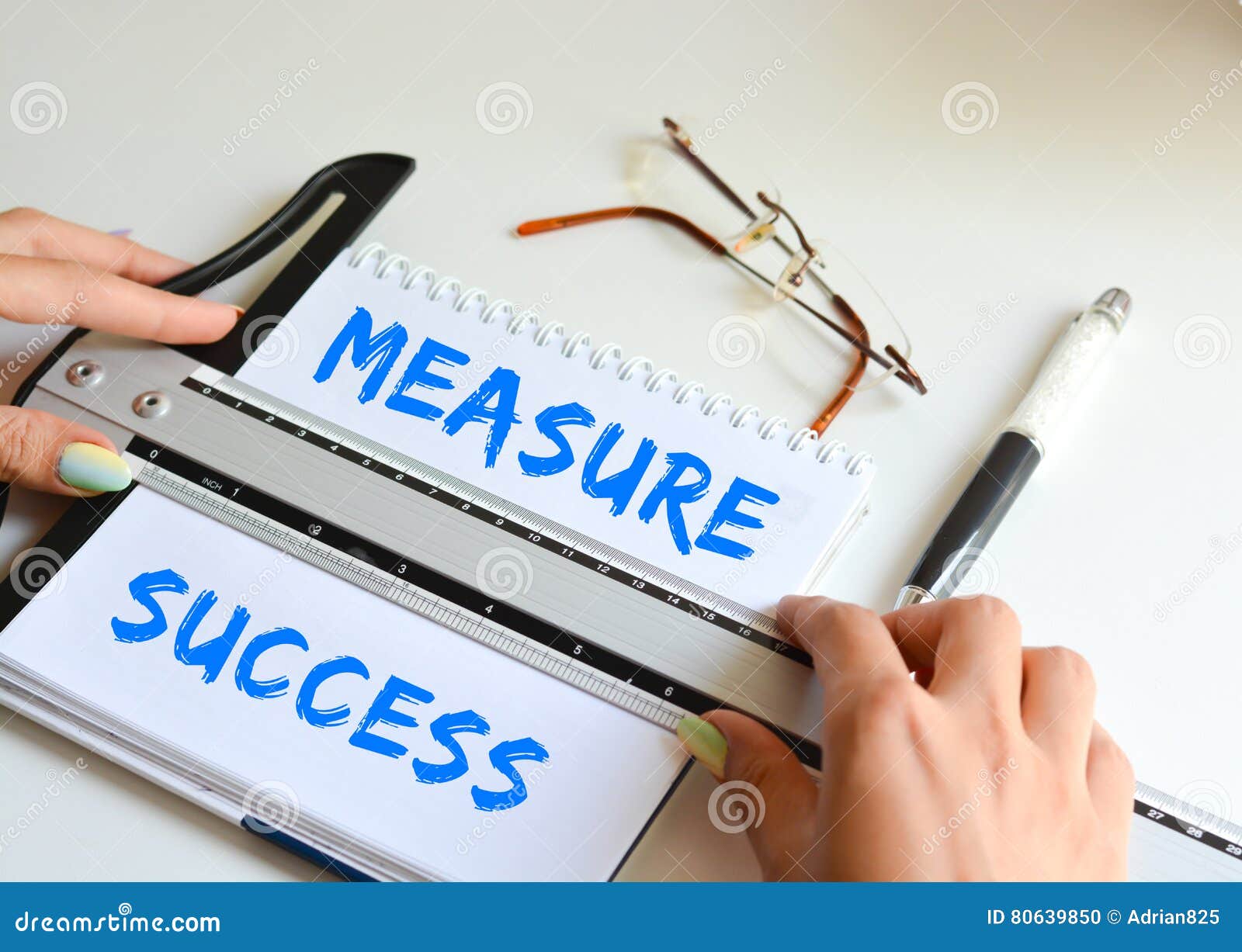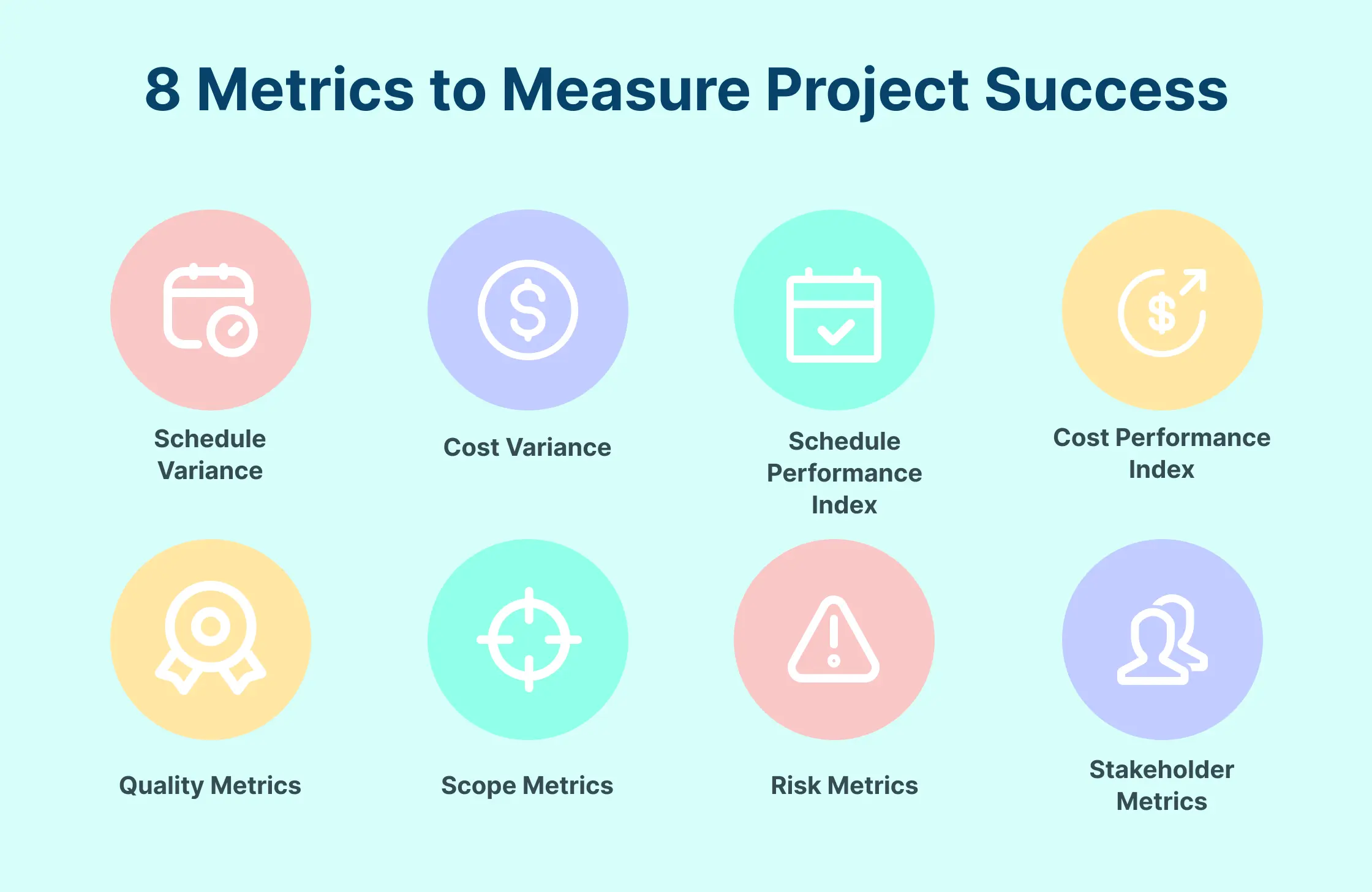How Does A Business Measure Success

Imagine a bustling bakery, the aroma of freshly baked bread swirling through the air. Customers line up, their faces eager with anticipation. But beyond the happy customers and the delicious smells, how does the baker, the owner, truly know if their business is thriving? Measuring success isn't just about the daily rush; it's about understanding the deeper metrics that drive long-term growth and sustainability.
At its core, measuring business success involves tracking a range of quantitative and qualitative indicators to assess progress toward established goals. It's a multifaceted process that goes beyond simple profit calculations, encompassing customer satisfaction, employee engagement, and overall impact on the community. Understanding these metrics allows businesses to adapt, innovate, and ultimately, flourish in an ever-changing marketplace.
The Traditional Barometer: Financial Performance
Traditionally, financial performance has been the primary yardstick for measuring business success. Revenue, profit margins, and return on investment (ROI) provide a concrete picture of a company's earning power. These metrics offer a snapshot of current financial health and a foundation for future projections, according to studies by organizations like the Small Business Administration (SBA).
But solely relying on financial data can be misleading. A healthy bottom line doesn't always reveal potential weaknesses, such as declining customer loyalty or unsustainable business practices. It's crucial to delve deeper and consider a broader range of indicators.
Beyond the Numbers: Customer Satisfaction and Loyalty
Happy customers are the lifeblood of any successful business. Measuring customer satisfaction provides valuable insights into the effectiveness of products, services, and customer service efforts. Tools like the Net Promoter Score (NPS) and customer feedback surveys help businesses understand how customers perceive their brand and identify areas for improvement.
Customer loyalty is a powerful indicator of long-term success. Repeat customers not only generate consistent revenue but also act as brand ambassadors, recommending the business to others. Businesses often track metrics like customer retention rate and customer lifetime value to gauge the strength of customer relationships.
The Human Element: Employee Engagement and Retention
A motivated and engaged workforce is essential for productivity and innovation. Employee satisfaction surveys and performance reviews can provide insights into employee morale and identify areas where support and training are needed. High employee retention rates demonstrate a positive work environment and reduce the costs associated with employee turnover.
Investing in employee well-being and professional development is a key indicator of a sustainable and thriving business.
"Happy employees lead to happy customers,"as the saying goes, highlighting the interconnectedness of employee satisfaction and customer satisfaction.
More Than Just Profit: Social Impact and Sustainability
Increasingly, businesses are being evaluated on their social and environmental impact. Consumers are drawn to companies that demonstrate a commitment to ethical practices and sustainable operations. Measuring success in this area involves tracking metrics related to carbon footprint, waste reduction, and community involvement.
Corporate Social Responsibility (CSR) initiatives not only enhance a company's reputation but also contribute to a more sustainable and equitable future. By aligning business goals with societal needs, companies can create a positive impact while ensuring long-term viability.
The Holistic Approach: A Balanced Scorecard
Many businesses are adopting a balanced scorecard approach to measuring success. This framework considers financial performance, customer satisfaction, internal processes, and learning and growth as interconnected pillars of success. It provides a holistic view of the business, ensuring that all critical aspects are being monitored and addressed.
This balanced view helps businesses stay agile and responsive to change. It also emphasizes the importance of continuous improvement and innovation, ensuring that the business remains competitive in the long run. According to studies from Harvard Business Review, organizations that adopt a balanced scorecard approach often see improved overall performance and strategic alignment.
Ultimately, the definition of business success is unique to each enterprise. It's a journey of continuous learning, adaptation, and striving for excellence in all areas. By tracking the right metrics and embracing a holistic approach, businesses can navigate the complexities of the modern marketplace and create lasting value for themselves, their customers, and the community.


















